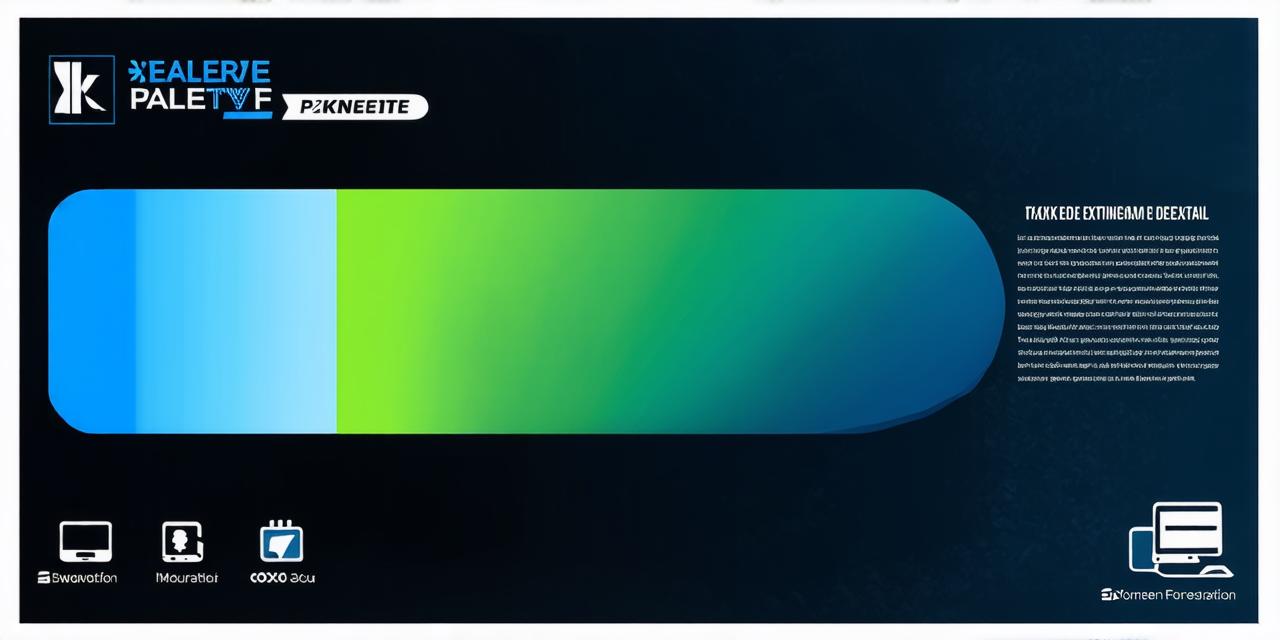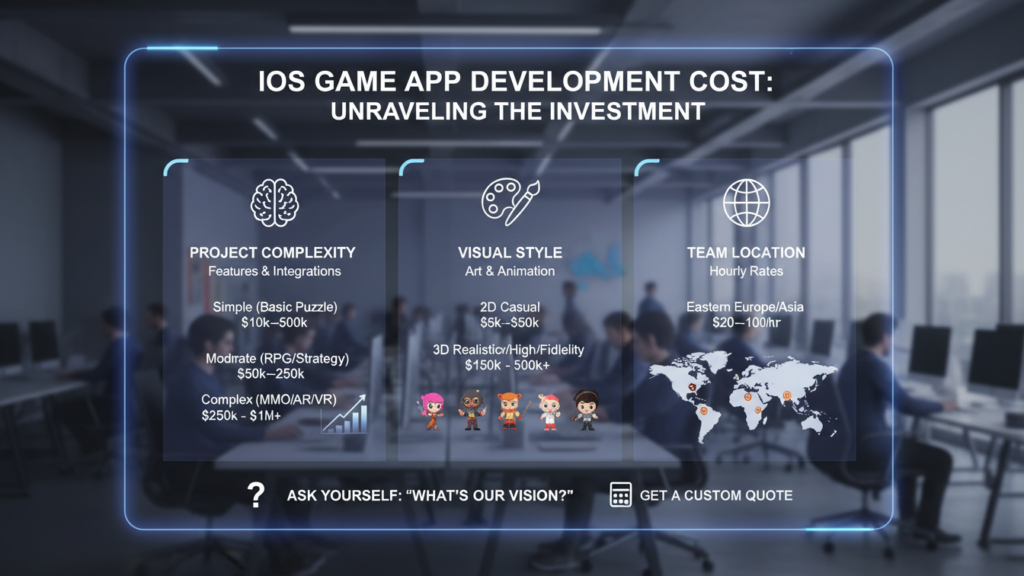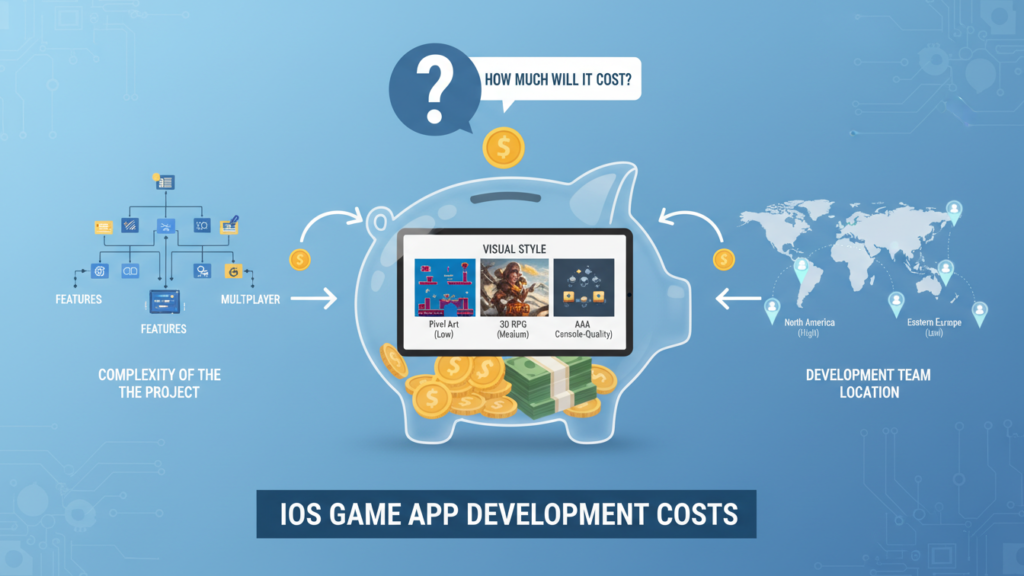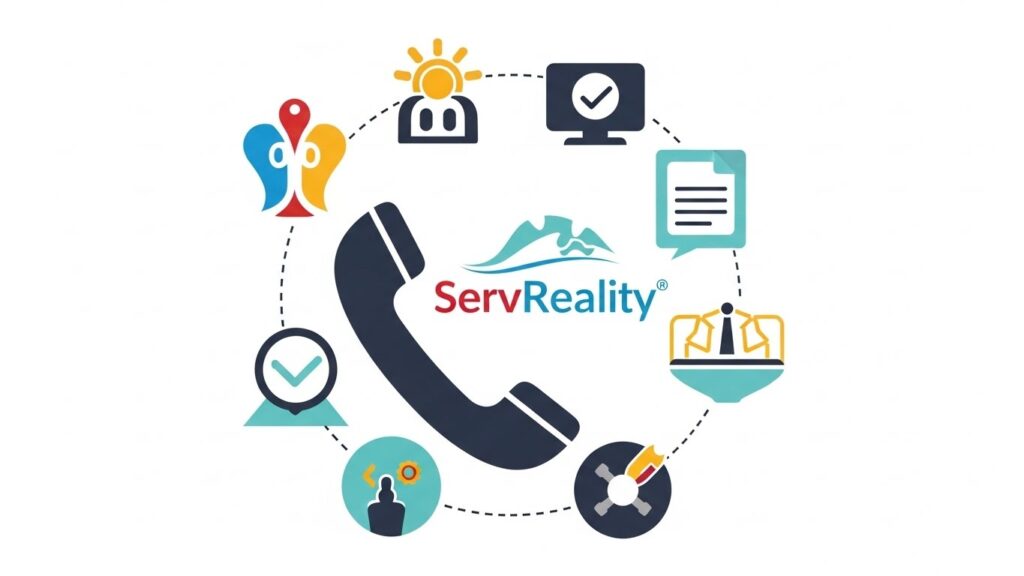Challenges for Education App Developers
1. User engagement:
One of the biggest challenges faced by education app developers is keeping students engaged with their apps. Research has shown that many students abandon educational apps after just a few weeks, which can be frustrating for both developers and educators alike.
To overcome this challenge, developers must create engaging and interactive experiences that keep students motivated and interested in learning. This can include incorporating game-like elements, offering personalized content, and providing feedback and rewards to encourage continued use.
2. Accessibility:
Another challenge faced by education app developers is ensuring their apps are accessible to all students, including those with disabilities.
Developers must consider the needs of students with different learning styles and disabilities when designing their apps, such as providing closed captioning, screen reader compatibility, and high-contrast colors. Additionally, developers must stay up-to-date with accessibility guidelines and best practices to ensure their apps are meeting the needs of all users.
3. Data privacy:
With the increasing amount of personal information being shared online, data privacy is a major concern for education app developers.
Developers must ensure that their apps comply with relevant data protection laws and regulations, such as GDPR in Europe and COPPA in the US. They must also be transparent about how user data is collected, stored, and used, and provide users with control over their personal information.
4. Cost:
Developing an education app can be expensive, especially for smaller startups or independent developers.
This can make it difficult for these developers to compete with larger companies or to reach a wider audience. To overcome this challenge, developers must carefully consider the costs associated with development, marketing, and maintenance, and look for ways to reduce costs where possible. This can include outsourcing certain tasks, using open-source software, and partnering with other organizations.
5. Quality:
Finally, education app developers must ensure that their apps are of high quality, both in terms of functionality and user experience.
This requires careful testing and debugging, as well as ongoing updates and improvements based on user feedback. Developers must also stay up-to-date with the latest educational research and best practices to ensure their apps are effective at helping students learn.
Opportunities for Education App Developers
1. Personalization:
One of the biggest opportunities for education app developers is the ability to personalize the learning experience for each individual student.
By collecting data on a student’s learning preferences, progress, and performance, developers can create tailored content and assessments that are more effective at helping that student learn. This can also make the learning process more engaging and motivating for students.
2. Collaboration:
Education app developers can also take advantage of the collaborative nature of technology to create apps that foster collaboration between students, teachers, and other stakeholders.
For example, an app could allow students to work together on a project in real-time, or enable teachers to provide feedback and guidance to individual students.
3. Gamification:

Another opportunity for education app developers is the use of gamification techniques to make learning more fun and engaging.
By incorporating elements such as badges, leaderboards, and rewards into their apps, developers can create a game-like experience that motivates students to keep learning. This can help to increase student engagement and motivation, leading to better learning outcomes.
4. Augmented reality (AR) and virtual reality (VR):
Finally, education app developers have the opportunity to leverage emerging technologies such as AR and VR to create immersive learning experiences.
These technologies can be used to create virtual field trips, simulations, and other interactive experiences that help students learn in new and exciting ways. For example, an AR app could allow students to explore a historical site virtually, or a VR app could simulate a laboratory experiment.
Case Studies
1. Coursera:
Coursera is an online learning platform that offers courses from top universities around the world.
One of the challenges faced by Coursera was ensuring that their app was accessible to all users, including those with disabilities.
To overcome this challenge, they implemented a range of accessibility features such as closed captioning, screen reader compatibility, and high-contrast colors. They also partnered with disability advocacy groups to ensure that their app met the needs of all users.
2. Duolingo:
Duolingo is an education app that helps students learn new languages through interactive games and quizzes.
One of the opportunities for Duolingo was the ability to personalize the learning experience for each individual student.
By collecting data on a student’s progress and performance, Duolingo can create tailored content and assessments that are more effective at helping that student learn.
3. Khan Academy:
Khan Academy is an online learning platform that offers free educational videos and quizzes in a range of subjects.
One of the challenges faced by Khan Academy was keeping students engaged with their app.
To overcome this challenge, they implemented a range of gamification features such as badges, leaderboards, and rewards to motivate students to keep learning.
4. Codecademy:
Codecademy is an education app that teaches users how to code through interactive exercises and projects.
One of the opportunities for Codecademy was the ability to leverage emerging technologies such as AR and VR to create immersive learning experiences.
By creating a virtual coding environment, Codecademy can provide students with a more engaging and effective way to learn how to code.
Conclusion
In conclusion, education app developers face both challenges and opportunities when creating apps that help students learn. Challenges include user engagement, accessibility, data privacy, cost, and quality, while opportunities include personalization, collaboration, gamification, and emerging technologies such as AR and VR.
By understanding these challenges and opportunities, developers can create effective and engaging educational apps that help students achieve their learning goals.



